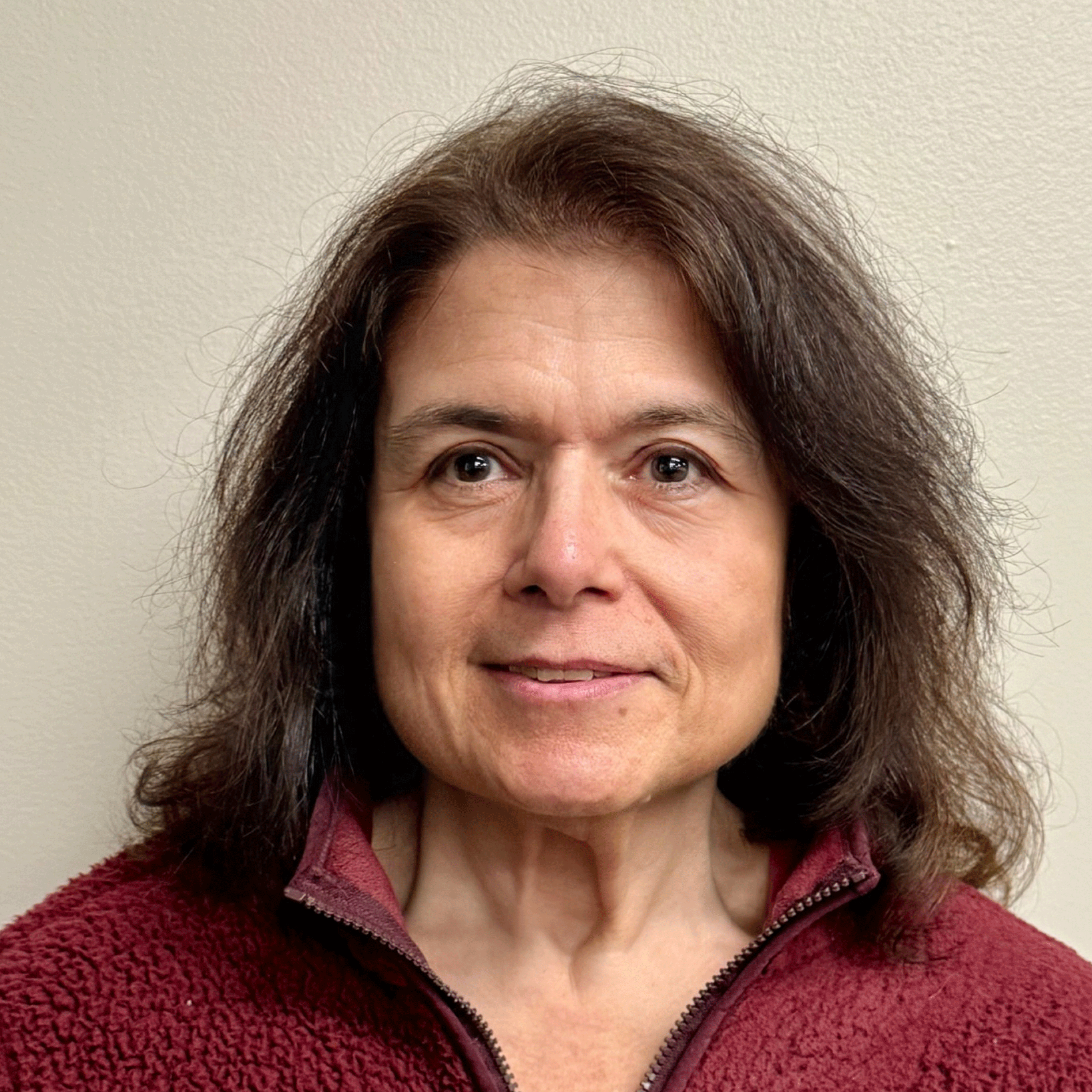
Clinical Laboratory Sciences Program
In our Clinical Laboratory Sciences (CLS) M.S. program, you will be trained and qualified to work in medical or industrial and pharmaceutical laboratories. Training in the CLS encompasses all areas of clinical laboratory testing: chemistry, toxicology, hematology, urinalysis, immunohematology, hemostasis, diagnostic immunology, clinical microbiology, histocompatibility and molecular diagnostics. In this master’s program, you are instructed on state-of-the-art instrumentation and digital technology.
What Does a Clinical Laboratory Scientist Do?
A clinical laboratory scientist is at the heart of clinical care, performing diagnostic tests which monitor treatments and uncover new disease states. They continuously communicate with physicians and clinicians to provide improved patient care and treatment outcomes.
New York State Licensure
The New York State Education Department mandates that all Clinical Laboratory Scientists be licensed by the State to work in a hospital laboratory. The knowledge obtained by the successful completion of the CLS will qualify the student to take the New York State Exam for Clinical Laboratory Science licensure upon graduation. Graduation with a master’s degree is not contingent upon taking or passing a state licensure or the national certification examination.
Program Overview
Students in the CLS program will complete the training in clinical laboratory practicum locations during the day and the didactic coursework at NYMC day and evening.
Didactic Curriculum
Coursework begins with introductory knowledge of the major body systems and related diseases. You will have a chance to explore each system in individual courses and learn how to conduct diagnostic tests in the lab. You'll learn about microscopic and chemical urine analysis principles, how to identify blood antigens and antibodies, as well as biochemical and immunological methodologies. You’ll also take a course on molecular diagnostics principles to prepare for the CLS certification exam. Here are just a few of our other course offerings:
- Clinical Hematology
- Clinical Immunology/Serology/HLA
- CLS Management
See our curriculum page for more program information and course descriptions.
Employment with a Provisional Permit
After one year of coursework and clinical training has been successfully completed, you may be eligible to apply for a New York State provisional permit. Upon receipt, this permit will allow employment within New York, as a clinical laboratory scientist while you continue your studies toward a M.S. in Clinical Laboratory Sciences.
Program Admissions & Prerequisites
To apply you will need:
- A baccalaureate or higher degree in the sciences (biology, chemistry, or the physical sciences), prior to the start of the program, from an accredited U.S. college or university or from a recognized foreign institution.
- International Coursework Evaluation
Transcripts submitted through credential evaluation services (e.g., WES or equivalent) that do not explicitly indicate a laboratory component for required science courses will be considered incomplete. To complete your evaluation, please submit official course descriptions, syllabi, or other official university documents that verify the inclusion of an in-person laboratory component for each applicable course. - Specific pre-requisite courses (all labs must be completed in person; online labs do not satisfy the requirement):
- Two (2) semesters of General Biology with laboratory component
- Two (2) semesters of General Chemistry with laboratory component
- One (1) semester of Anatomy and Physiology with laboratory component
- One (1) semester of General Microbiology with laboratory component
- One (1) semester of Organic Chemistry with laboratory component
- One (1) semester of Statistics or Calculus
The application also requires two letters of recommendation as well as a CV/resume, which will be considered in order to identify the strongest applicants. An interview is a required part of the admission process.
Federal financial aid is available to U.S. students during the first year when they are taking 41.5 academic credits. Federal financial aid is not available during the second year, when you are writing your literature review (0 credits).
For general admissions requirements and detailed financial aid info, visit our M.S. Program Admissions page.
Essential Skills for a Clinical Lab Scientist
The expectation for admission and continued enrollment in the Clinical Laboratory Sciences program and employment as a clinical laboratory scientist involves lifting and significant periods of walking, standing and sitting. Strong visual acuity, fine and gross motor skills and manual dexterity are critical for accurately performing and interpreting laboratory tests. Effective listening and communication skills are also essential for interacting with hospital staff in the clinical environment. In the academic setting, students are expected to actively engage in classroom discussions and presentations.
Accreditation Status
The NYMC GSBMS Clinical Laboratory Sciences Master's Program is accredited by The National Accrediting Agency for Clinical Laboratory Sciences (NAACLS).
NAACLS accreditation is a rigorous evaluation process of external peer review granting public recognition to education programs that meet established high standards in quality, value, innovation, and safety, and is recognized by the Council for Higher Education Accreditation.
National Accrediting Agency for Clinical Laboratory Sciences
5600 North River Road, Suite 720
Rosemont, IL 60018-5119
1-773-314-8880
www.naacls.org
Upon successful completion of our program, graduates will be eligible to take the American Society of Clinical Pathologists (ASCP) exam for national certification. Graduation with a Master’s degree is not contingent upon taking or passing a state licensure or the national certification examination.
Contact

Carol A. Carbonaro, Ph.D. '89, M.S. '88, SM, MLSCM (ASCP)
- ccarbona3@nymc.edu
- (914) 594-4778

